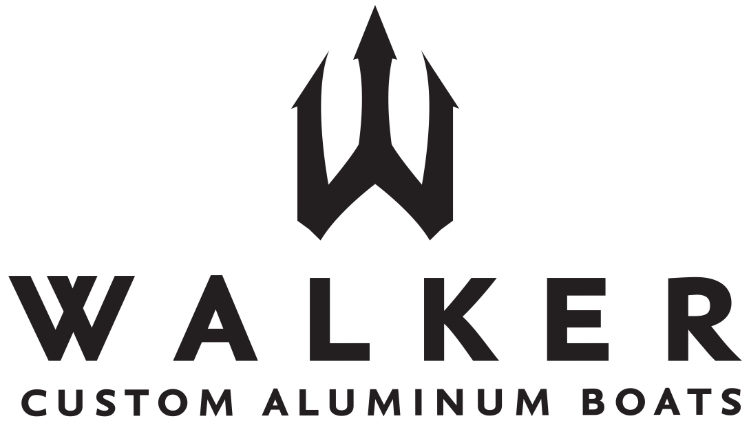A Guide to Vancouver Island's Fishing Regulations
Vancouver Island, with its rich marine ecosystems, offers diverse fishing opportunities. This guide aims to help both local and visiting anglers understand the crucial regulations that govern fishing activities here. Adhering to these rules not only ensures legal compliance but also contributes to the sustainability of the island's aquatic resources.
Licensing
Freshwater Fishing
Overview of Licensing Requirements: In BC, anyone 16 years or older must have a valid fishing license to fish in freshwater. This requirement applies to both residents and non-residents.
How to Obtain a License: Licenses can be purchased online through the BC government's website or at local tackle shops. The process is straightforward, requiring basic personal information and payment.
License Costs and Types: License fees vary based on duration (e.g., annual, single-day) and residency status. Special rates are available for seniors, youths, and disabled individuals. It's important to note that separate licenses might be required for specific species or areas.
Saltwater Fishing
Federal Licensing: Saltwater fishing in Canadian waters requires a federal license, distinct from the freshwater license.
Obtaining a Tidal Water Sport Fishing License: These licenses are available online through the Department of Fisheries and Oceans Canada. They cover a range of species, including salmon, for which a special stamp is often required.
Fishing Limits and Seasons
Species-Specific Limits: Limits are set for salmon, halibut, and trout species. For example, the daily limit for Chinook salmon might be two, while it could be different for Coho salmon.
Seasonal Restrictions: Certain species may have specific open seasons to protect them during spawning or other critical life stages. For instance, fishing for steelhead trout might be restricted during their spawning season.
Size Restrictions: Minimum size limits are set for species like halibut and lingcod, ensuring that juvenile fish have a chance to mature and reproduce.
Protected Areas and Conservation Measures
Marine Protected Areas: These are zones where fishing might be limited or banned to protect biodiversity. Maps and detailed guidelines for these areas are available on the Department of Fisheries and Oceans Canada website.
Species at Risk: Regulations often include measures to protect species like the endangered Rockfish. This may include no-catch zones or gear restrictions.
Catch and Release Guidelines: Best practices include using barbless hooks and handling fish with wet hands to minimize stress and injury.
Ethical Fishing Practices
Respecting the Environment: Keeping waterways clean by not leaving trash behind and avoiding disturbance to local wildlife and habitat are part of ethical fishing practices.
Community Guidelines: Engaging with local fishing communities and forums can provide insights into sustainable practices and help foster a responsible fishing culture.
The Importance of Following Regulations: Compliance with these regulations is crucial for maintaining the health of Vancouver Island's fisheries and ensuring they remain viable for future generations.
Stay Informed: Regularly checking the Department of Fisheries and Oceans Canada website and local fishing reports can help anglers stay abreast of any changes in regulations or conservation status of species.

